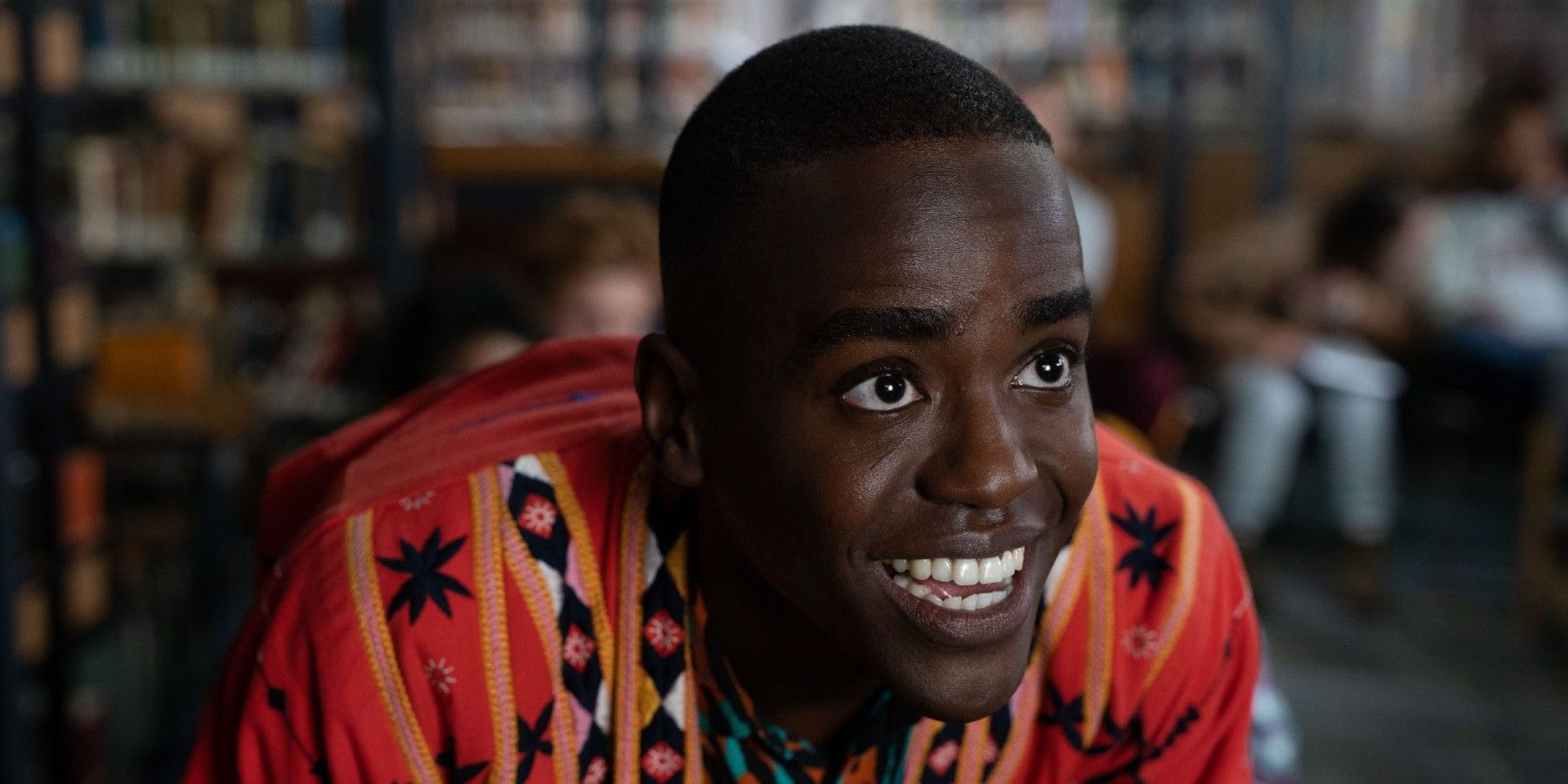Ncuti Gatwa has been cast as the Fourteenth Doctor, a decision that means Doctor Who can fix a major problem with its recent historicals. Chris Chibnall’s time as showrunner of Doctor Who has been pretty controversial, largely because of his Timeless Child retcon. He has, however, received almost universal praise for his eagerness to exploit the potential of Doctor Who‘s historical adventures. As the Radio Times noted, his era deserves credit for its focus on overlooked women of history; Jodie Whittaker’s Thirteenth Doctor has met famous figures such as novelist Mary Shelley, civil rights icon Rosa Parks, World War II spy Noor Inayat-Khan, and Crimean War nurse Mary Seacole.
There’s been one problem with these historicals, however—Doctor Who‘s historicals have failed to explore British racism. This is particularly surprising given Chibnall wanted Doctor Who to regain its edge of social awareness, and he put together the most diverse TARDIS crew in the show’s history. But, while racism was explored in excellent episodes such as “Rosa” and “Demons of the Punjab,” it was consistently portrayed as something that happened “somewhere else“—in the United States or India, but not in the U.K. The Chibnall era has had little to say about racism in British history, a curious oversight that has arguably blunted its cultural impact.
Fortunately the casting of Ncuti Gatwa as the Fourteenth Doctor means the show will more than likely have to confront this issue head-on. Incoming showrunner Russell T. Davies has praised Gatwa for his energy and dynamism, which should give him the ability to dominate any room, as the Doctor should. But historicals will naturally put this to the test, because the Doctor will experience a degree of basic prejudice he is completely unused to first-hand. The Doctor is a Black man for the first time in the show’s near-60-year-long history, and historical characters will naturally react against him in a different way, even if only subtly.

There is, of course, a reason Chris Chibnall played the Doctor against some of history’s most famous women; it’s because he had brought in Jodie Whittaker as the first female Doctor, and he wanted to use that as a lens to explore a different side of history. In the same way, Russell T. Davies could choose to use Gatwa’s casting as an opportunity to explore aspects of another side of Britain’s past in Doctor Who‘s historicals; the history of Black Britain. Rather than encounter Rosa Parks, the Doctor could cross paths with Guy Bailey, rejected for a job interview by the Bristol Omnibus Company because of the color of his skin, and who became a hero for his fight against British racism, right at the time Martin Luther King was campaigning in the U.S.. Rather than face racial conflict in the Punjab, the Doctor could cross paths with the likes of Dr. Harold Moody, whose Christian faith led him to join the battle for equality and who founded the League of Coloured Peoples in 1931 to improve race relations.
This side of British history is seldom explored in schools, meaning there’s a poor understanding of the history of race in the country. Returning Doctor Who showrunner Russell T. Davies could challenge that by commissioning stories that reveal the true story of Black Britain, the history of racism in the country, and the heroes who have fought against it. This could be particularly helpful to a country that still hasn’t properly processed the Black Lives Matter protests, and where reports of racially motivated hate crimes have increased over the last few years. It would be thrilling to see Doctor Who challenge British culture with a healthy dose of history.




